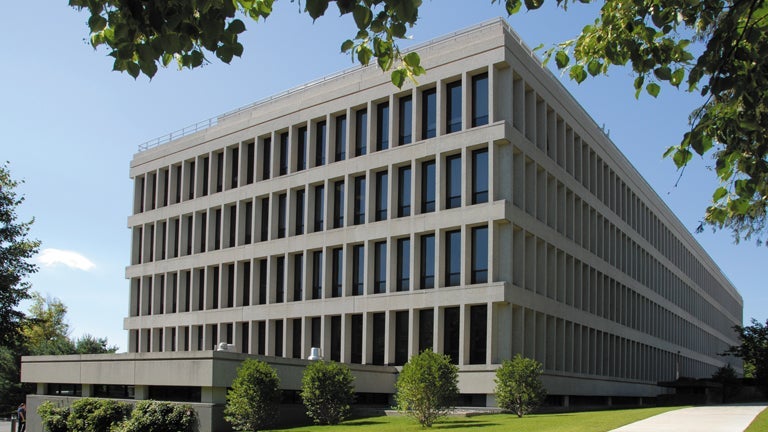Cardiac MRI
Advanced Cardiac Imaging
Cardiac MRI (magnetic resonance imaging) gives cardiologists more detailed information about your heart than they can get from X-rays, electrocardiograms, or other heart scans. An MRI machine produces images using a magnetic field and radio waves, rather than radiation.
At Bassett Healthcare Network, our cardiologists use this noninvasive test as part of our diagnostic heart services, to diagnose:
- Coronary artery disease
- Muscle damage in the heart, caused by a heart attack
- Heart failure
- Heart valve problems
- Congenital heart defects
- Pericardial disease, an inflammation in the area around the heart
- Tumors or masses in or near the heart
- Cardiomyopathies
- Aortic disease
- Infiltrative cardiac disease, such as amyloidosis or sarcoidosis
- Myocarditis
- Ventricular arrhythmia
- Hemochromatosis
Cardiac MRI Scans
MRI scanners are large machines, used to screen for many conditions. During your cardiac MRI, you will lie on a table that slides into the scanner to take pictures of your chest.
Some cardiac MRIs use a contrast material (dye) to see how easily your blood flows through your heart and blood vessels. This type of MRI is called MR angiography, or MRA.
Our “wide-bore 3 Tesla MRI,” also called a “3T MRI,” has a wider opening than conventional MRI machines to help patients avoid feeling claustrophobic. The heart scan can last from 30 to 90 minutes. Some patients are sedated during an MRI test, particularly if they are claustrophobic. If you were not sedated during your exam, you will be free to drive home when the test is over.
Contact Your Primary Care Practitioner for a Referral
If you are showing signs of a heart condition, you may want to undergo a cardiac MRI so that your cardiologist will have the most complete information possible about your heart function. Ask your primary care physician or practitioner for a referral.
Bassett Healthcare Network offers cardiac MRIs in Cooperstown, NY.

